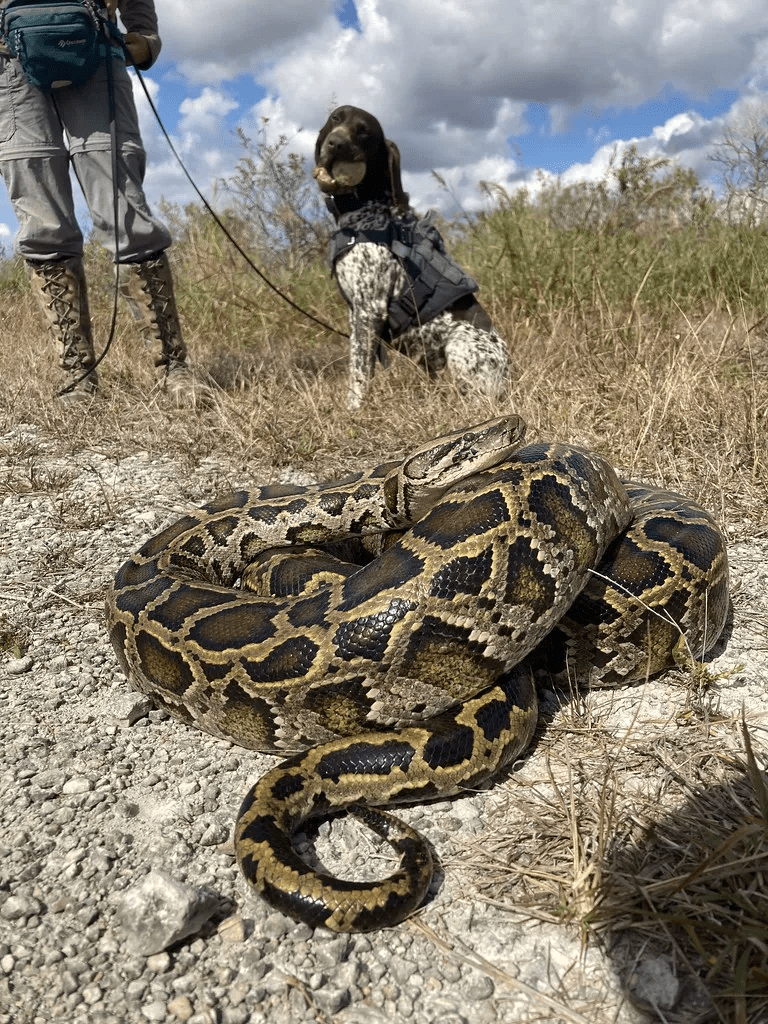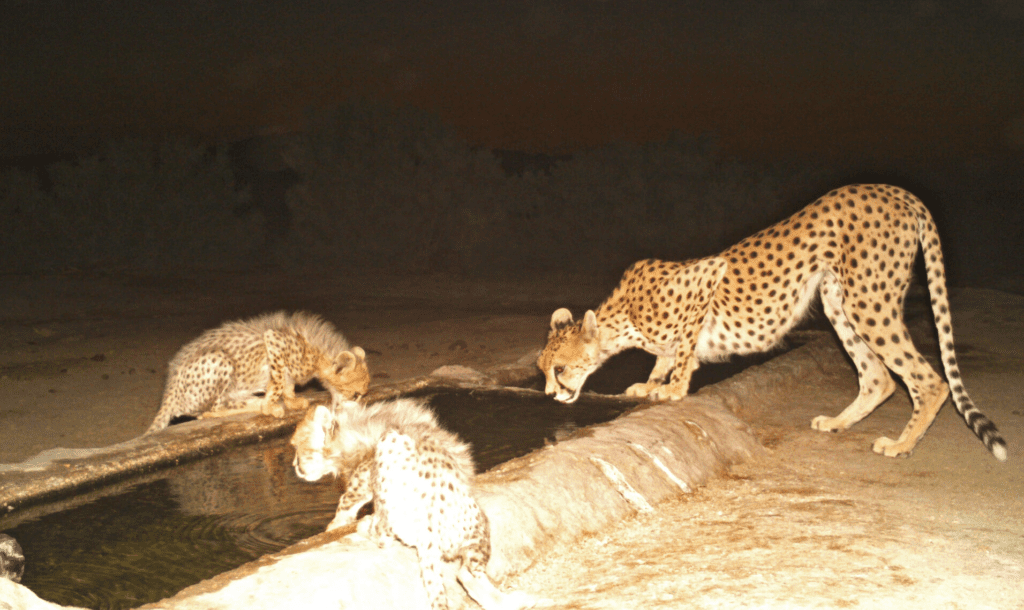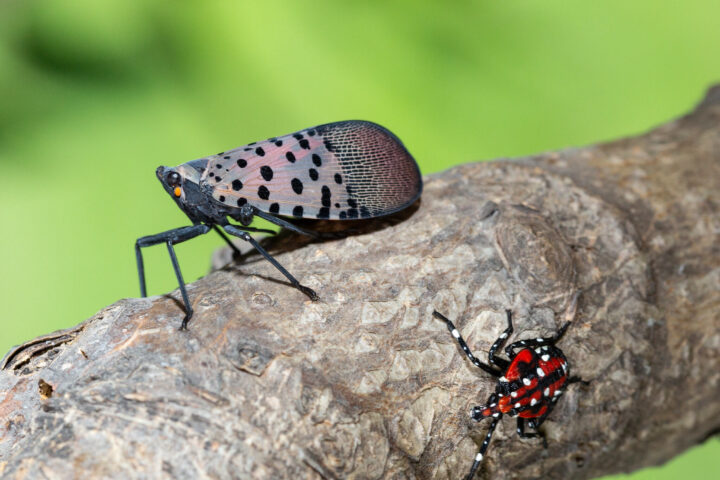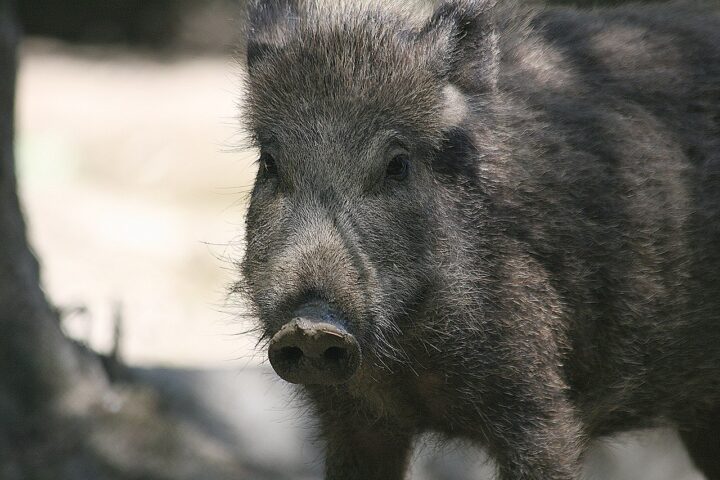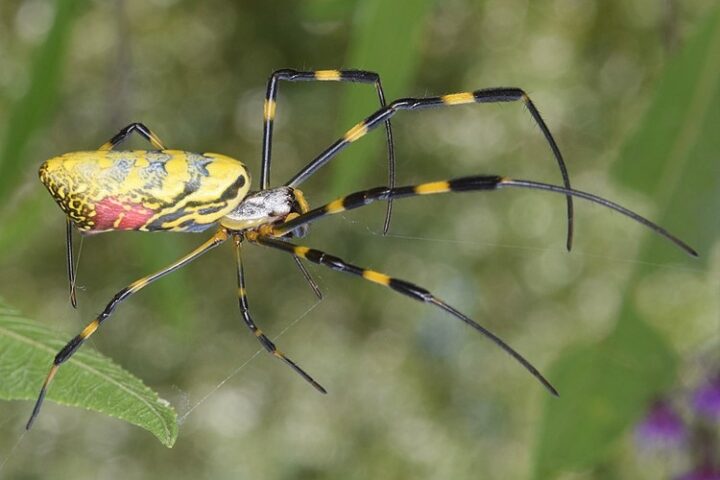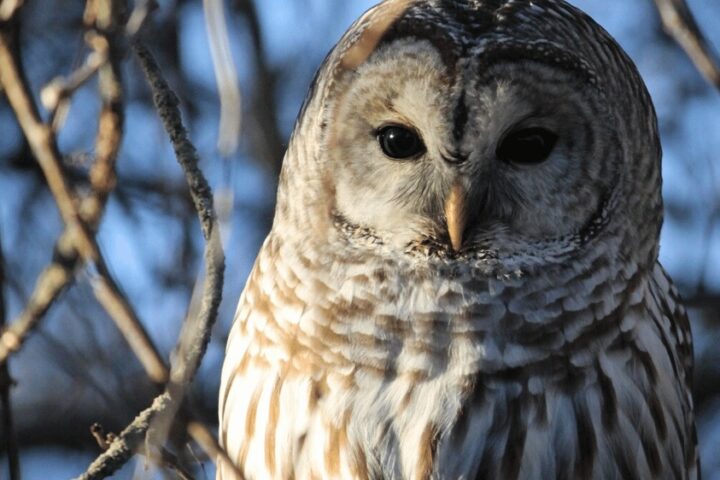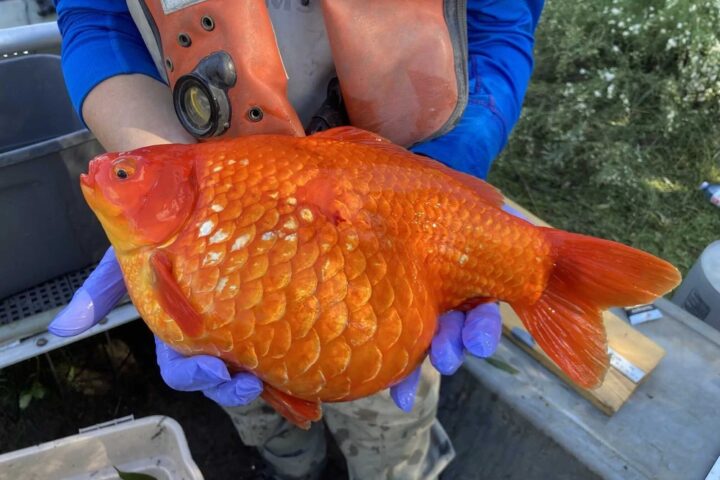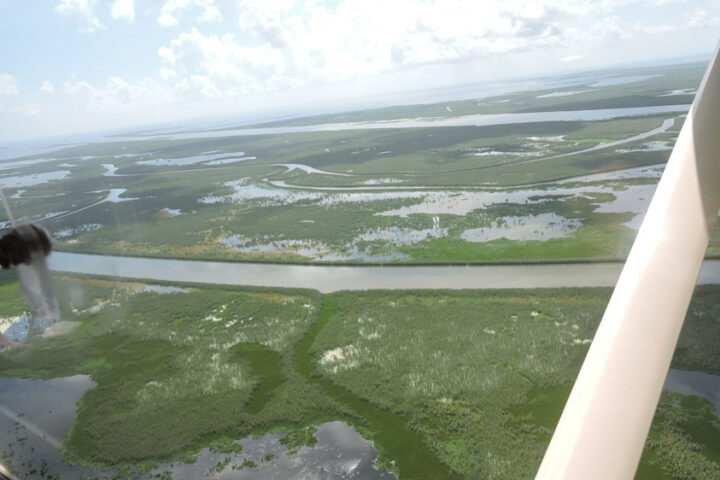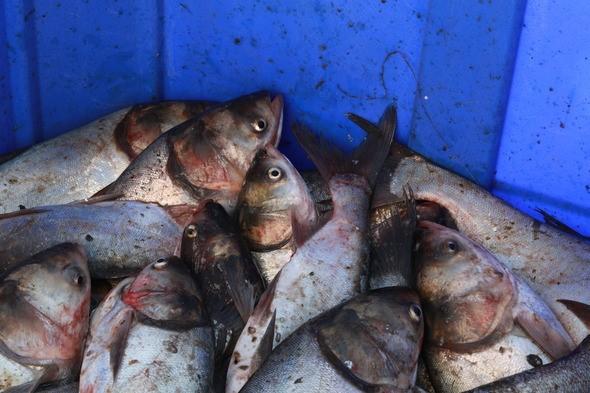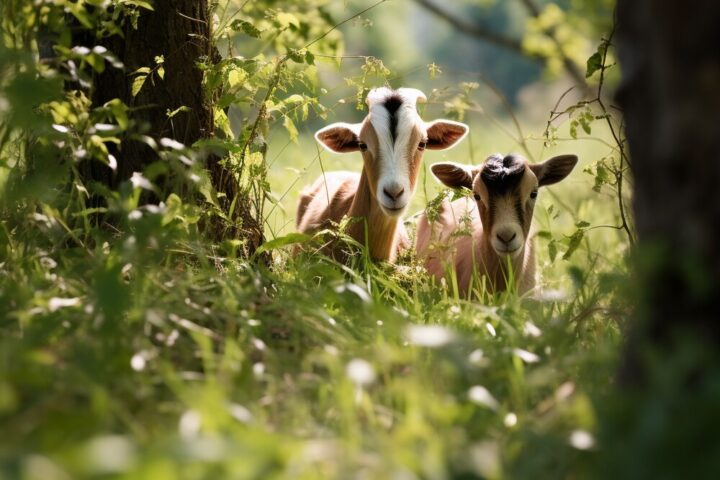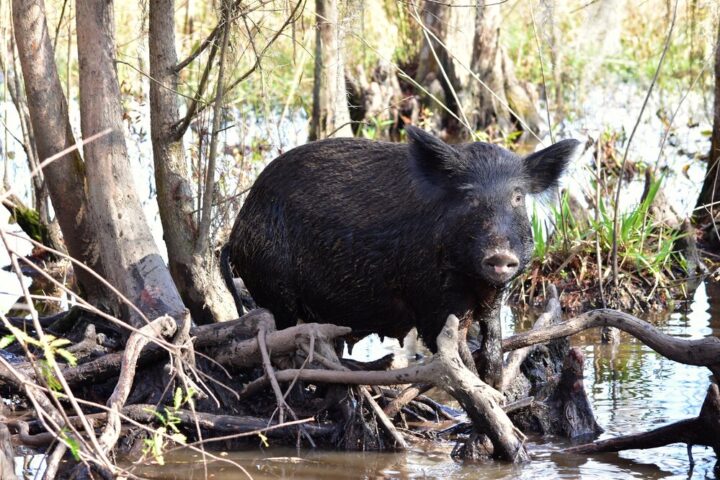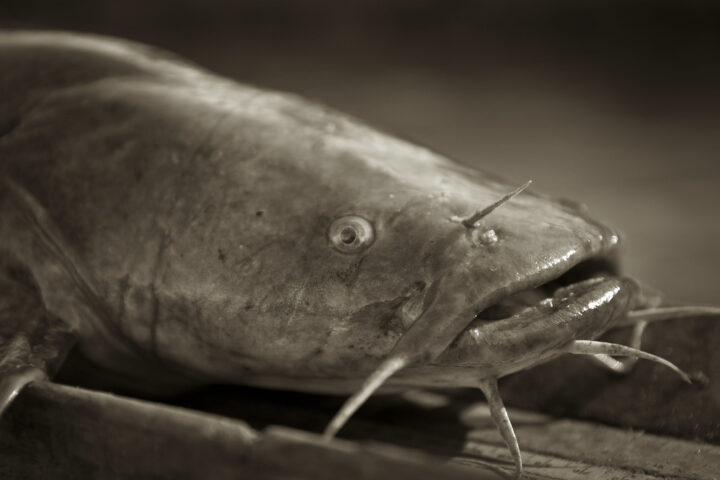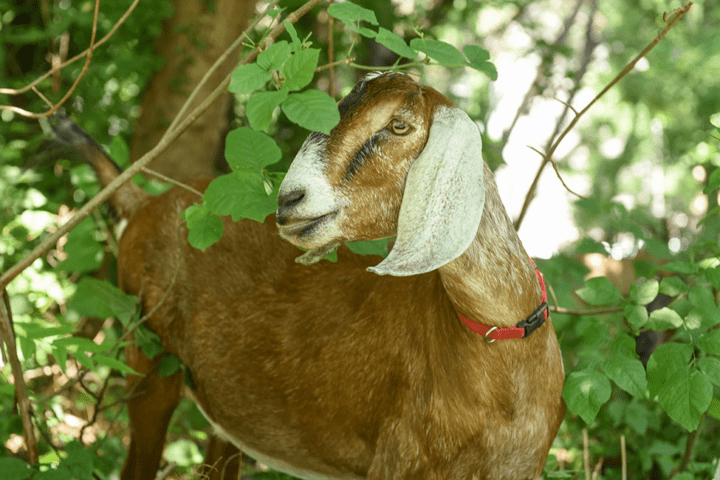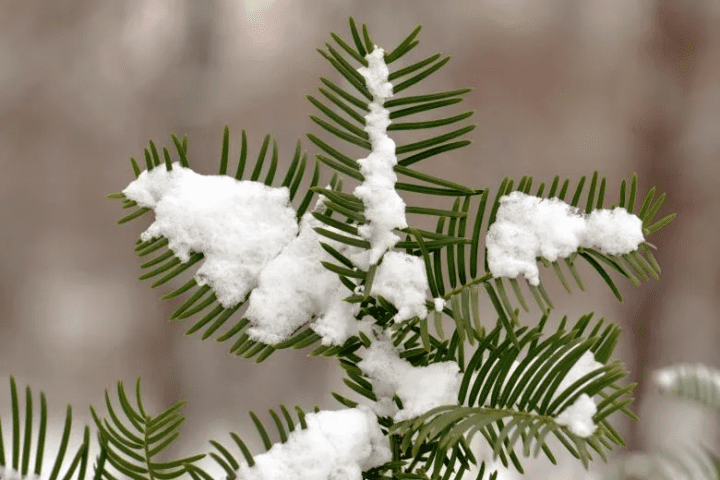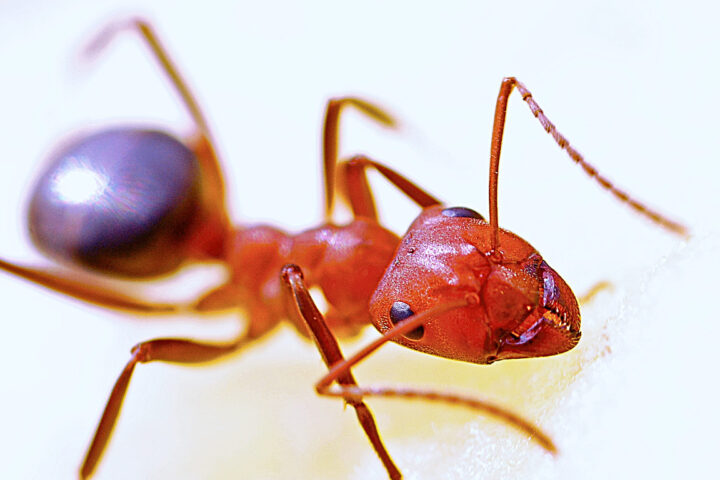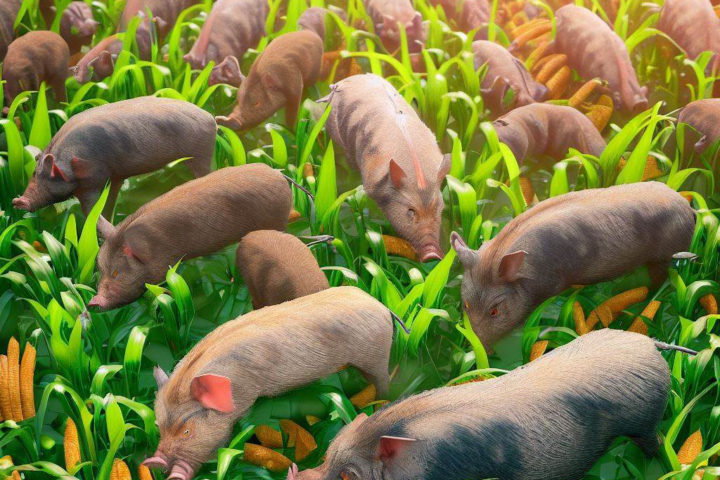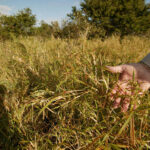In the heart of the Everglades, a battle rages on. Not one of man against man, but of man against nature. The 2023 Florida Python Challenge, as announced by Lieutenant Governor Jeanette Nuñez, saw a staggering 1,050 participants from 35 states and even Belgium. Their mission? To remove the invasive Burmese pythons that threaten Florida’s delicate ecosystem.
This year, a whopping 209 Burmese pythons were extracted from South Florida during the 10-day competition, a testament to the growing concern over these invasive reptiles. Paul Hobbs emerged as the Ultimate Grand Prize Winner, having removed an impressive 20 pythons, earning him a $10,000 prize. But why this fervent drive to remove these creatures?
Burmese pythons, native to Southeast Asia, have found a comfortable home in Florida’s Greater Everglades Ecosystem. Their introduction and subsequent proliferation have had dire consequences for native species. These pythons are not just passive inhabitants; they actively prey on birds, mammals, and other reptiles. A single female Burmese python can lay between 50 to 100 eggs, exacerbating the problem exponentially.
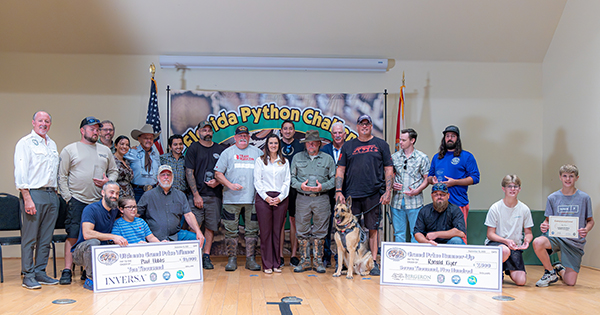
Lieutenant Governor Nuñez emphasized the importance of this initiative, stating, “Removing these invasive pythons is an important part of our efforts to protect the Everglades.” Invasive species, whether plants or animals, can cause serious harm to native ecosystems The introduction of an apex predator like the Burmese python disrupts the balance of this fragile ecosystem.
The NeoBiota journal provides a comprehensive review of the Burmese python issue in Florida. The reptiles’ cryptic nature combined with Florida’s vast and inaccessible habitats makes them incredibly challenging to detect and manage. The journal highlights the python’s impact on native species, their rapid reproduction rate, and the challenges in controlling their population.
The Florida Python Challenge is not just about removing pythons but also about raising awareness. As Rodney Barreto, FWC Chairman, rightly pointed out, the success of the challenge has a “direct positive impact on the Everglades and our native wildlife.”
Similar Post
However, the challenge is more than just a competition. It’s a call to action. The annual event encourages the public to engage directly in Everglades conservation. As Roger Young, FWC Executive Director, mentioned, “Thanks to Governor DeSantis and our many partners, we have the privilege to reward the public for their interest in getting outdoors and helping to conserve Florida’s natural resources.”
The challenge also serves as a stark reminder of the broader issue of invasive species. Invasive species, whether plants or animals, can cause serious harm to native ecosystems. The Burmese python is just one example. Their presence in Florida is a testament to the unintended consequences of human actions, from pet trade to habitat destruction.
“Alligator Ron” Bergeron of the South Florida Water Management District Governing Board lauded the efforts of the python hunters, emphasizing the importance of the partnership between various organizations in combating the python menace.
The 2023 Florida Python Challenge has been a resounding success, but the fight against invasive species is far from over. It requires continuous effort, collaboration, and most importantly, awareness. As Florida continues its battle against the Burmese python, it serves as a poignant reminder of the delicate balance of nature and the role humans play in preserving or disrupting it.
